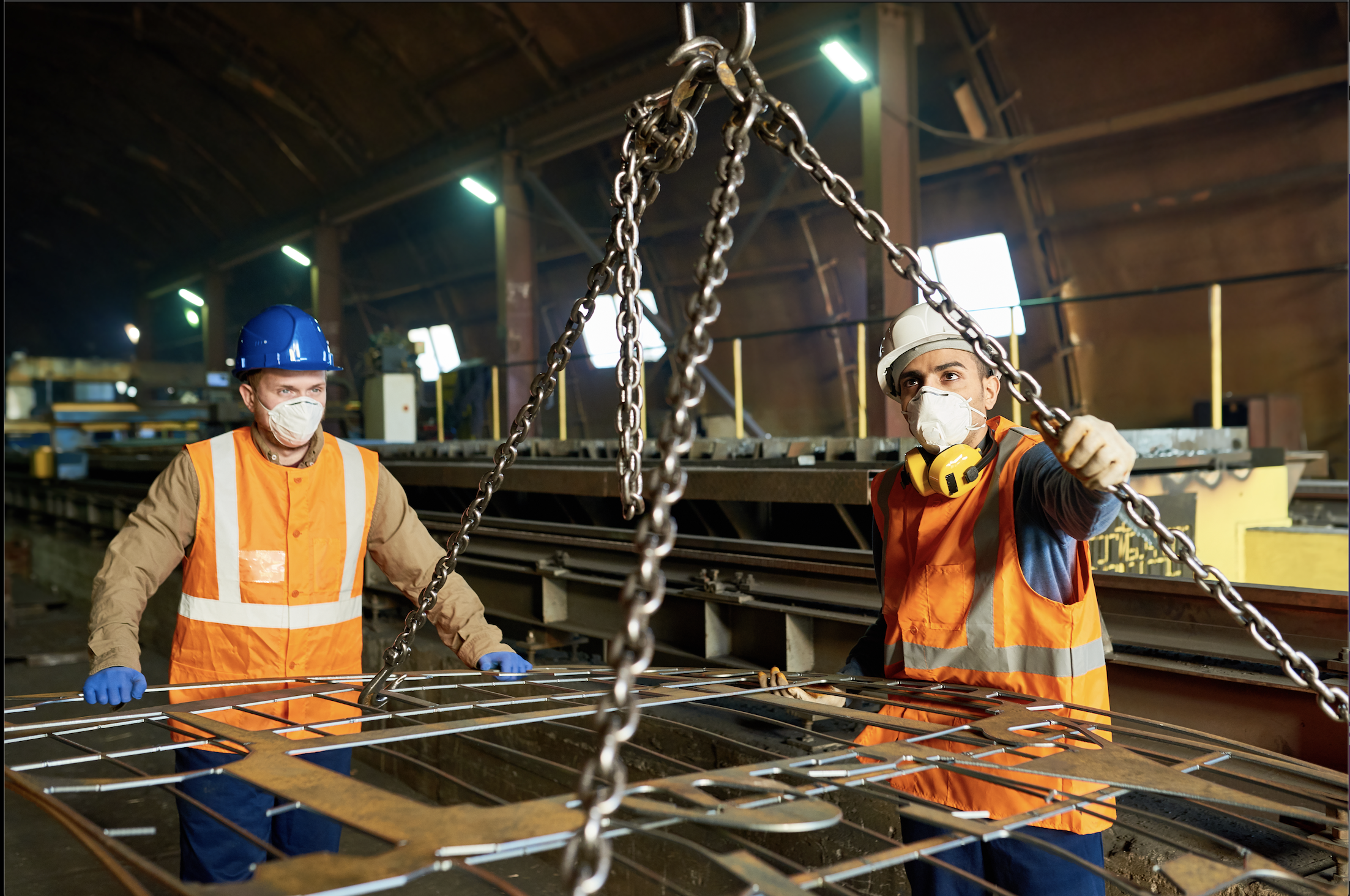“Adequate safety and health measures at work can play a crucial role in containing the spread of the disease, while protecting workers and society at large. Governments, employers and workers all have a role to play in tackling COVID-19 crisis, and their collaboration is key.” (ILO)
Today is the 18th World Day for Safety and Health at Work. According to the International Labor Organization,136 million workers in human health and social work activities face serious risk of contracting COVID-19 in the workplace. While 2.7 billion workers -over 80 percent of the world’s workforce- are affected by partial or complete lockdown, economic pressures to re-open factories and workplaces without adequate protection and safety measures could put millions of workers at risk.
COVID-19 is re-defining health and safety practices in the workplace and challenging corporations, governments and worker representative organizations to develop more robust systems to protect workers and ensure business continuity. Preventing relapses and future-proofing businesses and supply chains against similar shocks requires organizations to create more agile and people-centered systems.
Current disruptions across diverse industries demonstrate that the crisis is first and foremost human and underscores the current lack of adequate monitoring, prevention and response tools to protect workers and business continuity in critical supply chains.
Access to real-time insights regarding potential risk is critical to protecting essential workers operating in key sectors like health care, manufacturing, agriculture, utilities, logistics, and supply chains. From health care workers reporting scarce supply of personal protective equipment (PPE) to Canadian meat processing plants being shut down due to hundreds of COVID-19 cases, the impact of the virus threatens the delivery of goods and services that the public rely on day to day.
Employers face different challenges depending on the workplace and circumstances, making worker feedback and communication essential. People who are able to work from home are at an increased risk to depression and distress that can result from social distancing and increased responsibilities such as caregiving. Employers that remotely support employee mental wellbeing through resources and services will more effectively mitigate risk, turnover, and decreased productivity. Moreover, as lockdowns are lifted and a phased return to the work takes shape, managers will benefit from continuous worker feedback to ensure preventive measures are adopted and any risk of infection is identified before it results in an outbreak.
To do our part to raise awareness on World Day for Safety and Health in the Workplace, we want to encourage organizations around the world to rethink how they engage with their workforce. Over the next few weeks, the Ulula team will publish a series of blog posts on COVID-19’s impact on workers and communities and technology’s role to help protect workers and create more resilient supply chains.
Next blog post in our COVID-19 series: Garment workers in a COVID-19 world: Re-inventing a broken system
Video: Mobile Phones as Protective Equipment for Worker Safety and Health

